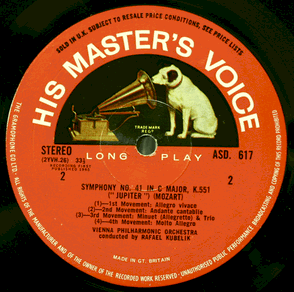
„I guess it had to be a long story from the first time I heard Paul on a Bill Evans record and was blown away I have dreamt of playing with him. Years later I met Ed who had been in many of Paul's bands and we started playing together. It was around that time when I met Perry, too, and one day it all became clear: I had to make a record with Paul, and I couldn't think of two better partners than Ed and Perry. I decided to throw the ball and ask him if he would do it. The request was odd, though not unheard of in the jazz world. At thet point, Paul has never heard me or my music before, while I felt that through his music, he has been one of my strongest mentors for years.

Long story... his answer was yes. I was in heaven. Now it was just question of bringing it down to earth. It took a couple of years to pull it all together. Some of the music I brought to the session was older, some of it more recent, some I wrote two days before. Paul agreed to two days of recording, no rehearsing, so I rehearsed with Ed and Perry and met Paul in the studio in March 2004, just a few days before his 73rd birthday. When I put my headphone on and started playing I opened eyes for moment and realized what was happening... I was staring into Paul Motian's face!! The drummer whose music has shaped an enormous part of who I am as a musician was now playing MY music with ME. The realization almost paralyzed me, and I decided not to open my eyes again until the end of the session. Luckily, it worked. (...)

...Sitting in my Brooklyn apartment today, almost three years after the music was actually made... thinking of it all coming together the way it did. I believe the music tells it, too: what I wrote and what we played, the order in which it was set and every minute that HAD to pass in the process is one unit: an alignment of time, space, and connection. This record to me is a journey of heaven and earth coming together with joy.
It is told through and through in one long story."
Anat Fort
(excerpts from liner notes to 'A Long Story')











